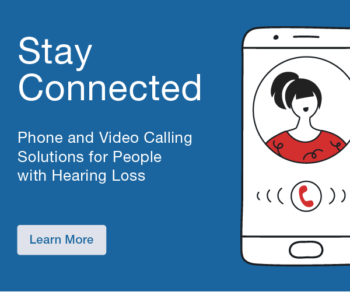Children with hearing loss who have other developmental disabilities account for approximately 40% of children needing audiologic services. Audiologic care for children with complex needs may require additional considerations due to the unique challenges they face. Understanding these disabilities involves recognizing their impact on hearing and understanding potential challenges families experience when supporting a child with complex needs. Tailoring audiologic assessment and management to individual needs is essential, using both behavioral and objective audiometric tests, especially for non-verbal children. Device selection requires careful consideration and often creativity to ensure they meet the specific needs of each child. Effective communication strategies, including the use of visual aids and alternative communication methods, are vital for enhancing interactions with children and their caregivers. Training for caregivers and educators further supports this process. A multidisciplinary approach, involving collaboration with other healthcare providers and educators is key to providing comprehensive care. Addressing the audiologic needs of children with disabilities involves a family centered approach that integrates tailored assessments, effective management, and strong communication strategies, paving the way for improved auditory and communication outcomes.
Learning Objectives:
- Understand the unique audiologic needs of children with hearing loss and co-occurring conditions.
- Develop tailored strategies that accommodate the specific needs of this population.
- Implement effective techniques to provide family centered care for children with hearing loss and complex needs.



